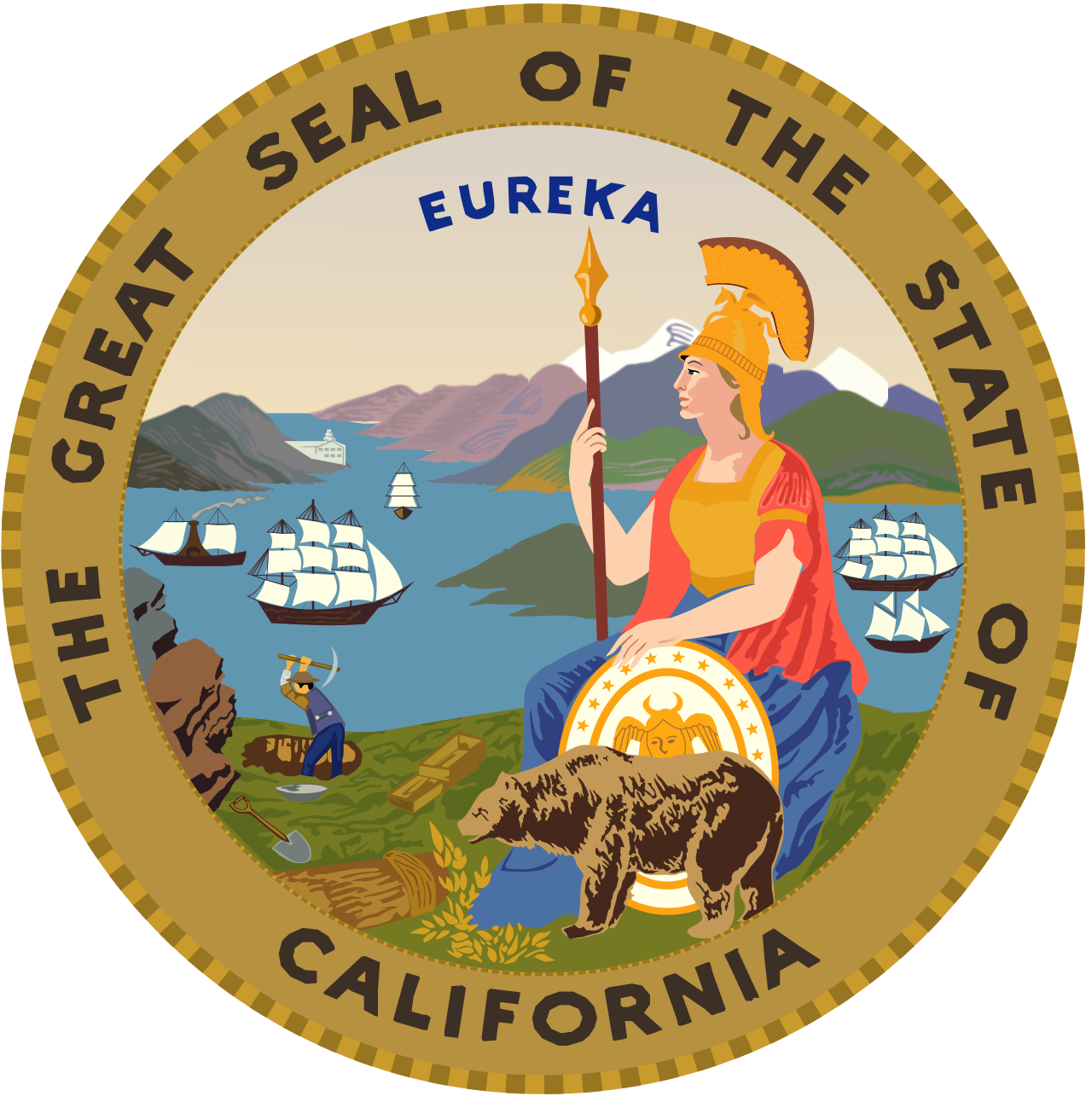Five
Admin at Slrpnk.net
Pronouns: they/he
The Five Filters of the Propaganda Model
Admins PM me for access to Fedi Admin Guild Loomio
- 264 Posts
- 50 Comments
I agree and I’m aware it has negative connotations – it is inseparable from modern methods of administering power. Without records, how can you demonstrate you’re distributing resources equitably? I recognize that my role as admin is basically an anarchist bureaucrat – approving applications, responding to reports, writing reports on progress for the community each month; it’s done digitally now, but it’s the stuff that would otherwise be the paperwork for which bureaucracy was made famous.
Bureaucracy was invented in France during the reign of kings, in hopes that it might quell the frequent revolutionary uprisings. It used to be that the only way you could get a license to do anything was through an audience with the king, or access via one of his courtiers – a role similar to modern lobbyists. This exclusivity of access meant the richest and most well connected were granted corporate charters, business licenses, or land titles, creating extremely stark class division between the bourgeoisie and even the petit bourgeoisie.
The role of bureaucracy (named after the drawers where they kept the mountains of paper this activity generated) was to ‘democratize’ distribution of licensing and grants to everyone based on meeting the same requirements and paying the same fees. It was popular enough to get grafted into the organs of the new republic once one of the uprisings hit the mark.
It was ‘democratic’ in the same sense that electoral ‘democracy’ is democratic - that is, it is closer to the ideal of freedom than autocratic rule. But citizens are still vulnerable to the whims of tyrannical bureaucrats. Even at the local level and at small scale, a bureaucrat can do a lot of damage if there isn’t popular power prepared to resist him.
For example in Chennai, the Zero Rupee was invented to build popular power against a culture of compulsive bribery that is endemic to all levels of the state bureaucracy. Bureaucracy is a burden that’s accepted because the alternative is clearly worse, like the French kings of old. But all bureaucracies are not the same, and merely making them smaller or ‘distributed’ does not solve the problems that can arise when they are not open to public challenge.
The primary purpose of distribution centers is to serve capital, and there are plenty of private libraries. In the case of a library or dispensary, a bureaucracy can definitely increase the equanimity of the distribution of wealth in a society, but that relies on both the bureaucrats and the public they are supposed to serve to be willing to fight for that ideal.
I think wider discussion of micro-bureaucracies would be valuable. During the November meta, a member requested some kind of vote on our descision to defederate nazi instances, which I think was adequately discussed and concluded. It stood out to me that the member objected to my description of voting in this manner as ‘bureaucratic’ – a word I felt I was using descriptively, but was interpreted as pejorative. I think it’s interesting that different people have different definitions of bureaucracy.
What is bureaucracy?

 0·3 months ago
0·3 months agoI’m glad you said something. I don’t mind so much when pieces that are critical of solarpunk or a corruption of the aesthetic are occasionally posted here because it gives the community an opportunity to define itself against those representations. I tend to skip over them myself though. I think introspection and criticism are core to the Solarpunk ideal, and I’m glad this essay was a fresh carafe of that tea.

 0·4 months ago
0·4 months agoI was looking at the vfairs.com site, where they host content from 2024 and 2023. I guess they started using their own domain exclusively. I expected them to update the vfairs site for 2025.
I think it’s not immediately obvious what Donut Economics is about. It is a category of degrowth, and !degrowth is a fairly active community. Posting about DE there will help spread the word.

 0·4 months ago
0·4 months agoIt’s strange they haven’t announced for 2025. Did they lose their funding?

 3·5 months ago
3·5 months agoYou could feed your whole family with that much soup!

 18·5 months ago
18·5 months agoDon’t downplay it – it’s a whole $4! That’s a bowl of soup for all of your privacy. Until they appeal it, that is.

 1·6 months ago
1·6 months agoWhy organize a labor union to keep the tyrants from paying you poverty wages when you could just submit the name of the tyrant to the assassination market and let somebody take care of it?
The more unpopular you are as a human being, the shorter your expected lifespan, because the reward for you not existing would increase proportionally to how much of an asshole you were.
What are some ways that you can think of where a scheme like this could have undesirable results?

 1·6 months ago
1·6 months agoHow big would a country need to be before it is too big, and what mechanism or entity would effectively enforce it from reaching or exceeding that size?

 3·6 months ago
3·6 months agoBitcoin = Monero in your mind. They aren’t the same, not even close.
LOL. I understand they are very different entities.
Bitcoin Monero Proof of work Proof of work Uses a blockchain ledger Uses a blockchain ledger Extremely volatile exchange rate Extremely volatile exchange rate Unregulated Unregulated Price easily manipulated by wealthy investors Price easily manipulated by wealthy investors “HODL” - unrealistic expectation that the endgame is general use as currency “HODL” - unrealistic expectation that the endgame is general use as currency Heavily driven by FOMO Heavily driven by FOMO Uses obscene amount of energy per coin Aspires to use an obscene amount of energy per coin to prevent another 51% attack Ledger has become so large it is unwieldy to store and transfer Ledger 200+ GiB, constantly expanding Represents an ecological catastrope A currently smaller part of the ecological catastrope Most popular currency used to facilitate human trafficking Has features that should make it more attractive for use in human trafficking Difficult and annoying to use Even more difficult and annoying to use Available on most cryptocurrency exchanges Available on fewer exchanges Claimed by early proponents that transactions were ‘anonymous’ but now frequently the subject of blockchain analysis Proponents claim transactions to be anonymous Pre-mining began January 2009 Pre-mining began April 2014 Advocates behave like people in an MLM cult Advocates behave like people in an MLM cult Represents the vain hope to individually escape catastrophe while the world burns by using theoretically clever but practically unworkable technological solutions that create further social problems, while the real, difficult though not intractable social problems of government abuse, economic instability, and authoritarianism continue to increase because resources for real social solutions are starved of resources Represents the vain hope to individually escape catastrophe while the world burns by using theoretically clever but practically unworkable technological solutions that create further social problems, while the real, difficult though not intractable social problems of government abuse, economic instability, and authoritarianism continue to increase because resources for real social solutions are starved of resources $116,760 / coin $270 / coin 20M coins 18.5M coins Logo is a circle with the letter “B” Logo is a circle with the letter “M” One of the hilarious details I discovered while researching this is that according to the US Government Accountability Office report “Use of Online Marketplaces and Virtual Currencies in Drug and Human Trafficking” in 2022,
Representatives of two analytics firms and one exchange also noted that illicit actors use privacy coins less frequently, as they are more difficult to obtain and are supported by fewer exchanges compared to Bitcoin, making it difficult to convert funds to government-issued currency.
So whatever benefits Monero claims to have in protecting the privacy of illicit activities, the people who could face real time in jail don’t consider the benefits worth how extremely annoying it is to use.

 4·6 months ago
4·6 months agoBoth the United States and the Soviet Union cracked down on organized labor. The corruption of the word ‘socialism’ was encouraged by both super-powers, one to falsely associate it with dictators and tyranny, and the other to claim its virtue for itself.
George Orwell wrote, “Rifles, muskets, long-bows, and hand grenades are inherently democratic weapons.” Anarchists generally don’t oppose safe recreational drug use, and see addiction not as a criminal act but instead a public health issue. Historically anarchists have flirted ideologically with assassination, but the modern consensus is that the means and the ends of revolution are too closely related to embrace political murder as a tenet.
It sounds like you’re interested in becoming more politically literate. One question to ponder is if it may be moral for people to conspire to assassinate tyrants, is it also moral for people to organize a labor union to prevent tyrants from paying them poverty wages?

 3·6 months ago
3·6 months agoAccording to your definition, casinos and online gambling isn’t a scam, because what they do is well-defined. If I use ‘scam’ to mean a reliable way for the downtrodden to become even more downtrodden, or ‘bitcoin’ as a shorthand for cryptocurrency, telling me I’m wrong because you have a different definition of those words is not an impressive rhetorical feat. And you claim I’m the bad faith actor in this conversation.
And as soon as you were challenged about statements you made on-topic, you disappear. I welcome your retreat. I would choose not to have more conversations with people like you.

 1·6 months ago
1·6 months agoI was curious what claims about Monero you thought specifically were defensible. Thanks for the clarification.
- maximizes privacy
- prevents third parties from committing human rights violations
- stops rent seeking
- financial autonomy to the downtrodden
- refuge of last resort
How does Monero (1) maximize privacy between people who can’t spend crypto directly and need to convert it to and from their national currency? How do you think this scheme would work in a privacy preserving way? We’re talking about a non-tech savvy undocumented worker in the US playing the role of Alice, and Bob is his subsistence farmer wife in rural Mexico.

 2·6 months ago
2·6 months agoAt least you admit implicitly that there is no known deanonymization attack on Monero.
There is very little overlap between respected cryptography researchers and bitcoin developers. The chain between theory to implementation to practice is difficult enough for state actors to handle reliably. The history of Enigma, Type B, JN-25, soviet one-time pads, and modern schemes like DES, 2-DES, FEAL, KASUMI, and BassOMatic, suggest not only that encryption isn’t a guarantee, but conspiracies to keep a scheme popular long after it has been broken are common and widely successful.
I don’t know a deanonymization attack on Monero. If that’s all it took to make you feel Monero is secure, you’re in for trouble. Encrypted or not, every transaction is immutably stored in the blockchain and replicated in millions of times to any bad actor who wants a copy. Even if there was no currently known deanonymization attack, that would not mean that a deanonymization attack is impossible for everyone and for all time.

 1·6 months ago
1·6 months agoI also appreciate your implicit admission that using Monero in place of wire transfers by immigrants is so stupid as to be not worth defending.























Chomsky is neither a Zionist nor anti-BDS:
https://bdsmovement.net/news/chomsky-clarifies-position-cultural-boycott-israel